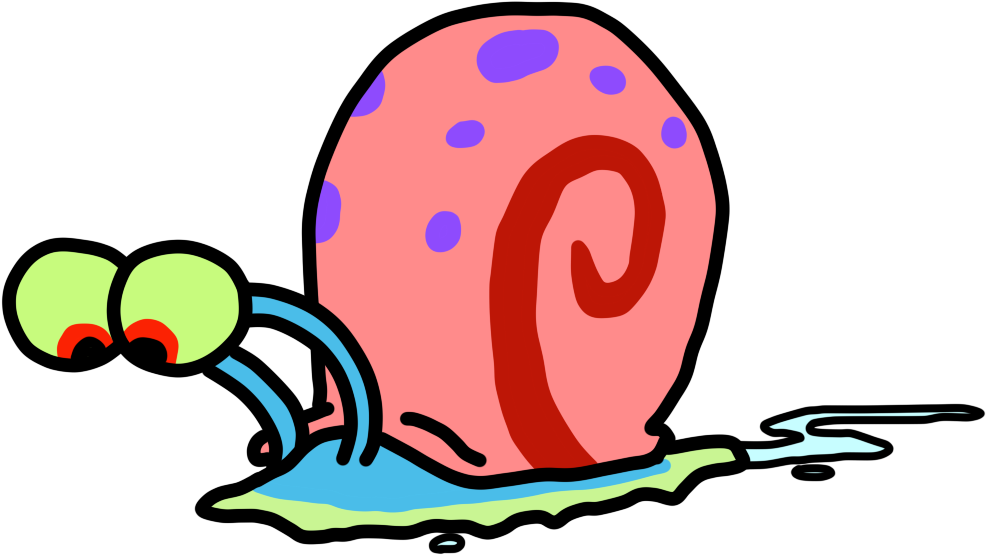I’ve seen a lot of people on here be teased for difficulty expressing themselves. Either people complain “you’re using big person words to describe mundane things” when they’re aiming for precision or “woah, we don’t need that damn wall of text” when they’re aiming for clarity. It’s like people just want to complain.
A if I know the vocabulary. B if I don’t.
Its all about the audience.
I’m definitely in support of A, regardless. I only know complex words from having seen them used correctly in the wild; how could anyone be expected to learn them otherwise?
The ability to find an approximate definition of a new word using context - and slowly whittle it down to the actual definition over subsequent encounters - is invaluable for gaining better language comprehension.
There are many quotes that describe this phenomenon:
“Not that the story need be long, but it will take a long while to make it short.” – Henry David Thoreau, 1857 [1]
I picked that version because it was short. In other words, it takes time to remove superfluous text, something that takes practice. Previously I found that Xitter character limit helped hone the skill.
I have written a weekly podcast article about the hobby of amateur radio for 13 years and I’ve learnt that the better you understand a topic, the more concise you can formulate your thoughts.
Einstein put it like this: “If you can’t explain it simply, you don’t understand it well enough.” [2]
[1] Source: https://quoteinvestigator.com/2012/04/28/shorter-letter/
[2] Source: https://www.socratic-method.com/quote-meanings/albert-einstein-if-you-cant-explain-it-simply-you-dont-understand-it-well-enoughYou could have just said, “Why not both?” 😜
C: I once wrote a high school physics lab report in poetic meter, with rhymes and all.
I failed, but that’s what community college was for. No regrets!
Doing things like this makes Neil deGrasse Tyson cry.
I prefer it to be as precise as possible. Any words I don’t know, I will look up.
Exactly what I do. Plus I get to learn a new word and feel smarter
And communicate better
Long is fine, as long as it’s broken into paragraphs. I’m not gonna parse a wall of text.
A
Woah, slow down there with all that jargon! Could you put it in layman’s terms for me?
a
Could you dumb it down a shade?
I don’t think poor clarity is tightly coupled to vocabulary. Poor clarity often comes from extra words and poorly organized text.
“John walked to the grocery store”
vs
“The man known in his building, but not throughout the entire city, as John, took it upon himself to walk the winding streets of Brooklyn on foot until he reached a open storefront that sold mostly, but not exclusively, groceries”
The latter is pretty limited in vocabulary but is a mess.
You’re partially right. “John left out the front door, turned right, and walked down 3 blocks to the Whole Foods at the corner of 32nd Street, it’s by the McDonalds on your right. If you hit the Shell station you’ve gone too far. Let me write it down to for you. Do you need a map?”
Honestly, I don’t think the second one is a mess (except punctuation). I think it just conveys - or at least suggests - that something out of the ordinary is happening. It takes mundane things and makes you question them, given the extra attention given to the normal things like a name or place. Sounds like John maybe isn’t his real name and maybe he’s going to this store for something other than groceries.
I think that the answer to this depends on the audience and the topic or nature of the discussion.
I prefer precise, technical language if the audience has experience in the topic. You can save a lot of time by not explaining things that the readers should, reasonably know.
I think simpler language is appropriate for a more general audience or higher level discussion.
It can be challenging to find the right balance on a forum, like this, where you don’t necessarily know who the audience is.
I find it more difficult to read text that are short, concise, but using lots of specialized vocabulary. However, a problem about the second choice is making it simple in words, but structured in such a way that ensures both attention and comprehension.
The problem with walls of text, and a problem I also encounter in stuff I write myself, is how there’s just a wall of text. A string of lengthy paragraphs consisting of long sentences that just go on and on without providing the reader a place to pause. That is: a point in which the reader can stop, check for comprehension or just a breather.
Reading such a block of text can be tiring.
I’ve been taught to employ a variety of sentence and paragraph lengths, and try to apply them to my writing. However, this can run the risk of making the result disjointed and rambly. I am guilty of this myself. I realize that this just means I didn’t take the time to collect and organize my thoughts before typing things out. It can be as simple as thinking about what I want to say in the first place, or it can be as involved as thinking about the main point and any supporting points, and how I can lay them out such that they flow neatly in the result.
Longer texts can be improved with just a bit more care in their composition, and without it, walls of text are definitely a chore to read.
EDIT:
I should proofread before hitting
post.deleted by creator
Someone writing a wall of text when it is not asked for or appreciated may be being insensitive to their audience. On the other hand, I’ve literally had people ask for it and then someone else steps in to complain, so definitely there are Karens who feel entitled to whinge no matter what you do. Just settle in your own mind whether you are doing the right thing, and let being correct remain your guide as to what to do.
There’s a third option and I use it to explain things to stupid, old, and Boomer people. Not that those are mutually exclusive but that’s beside the point.
You have to dumb it down but still be concise. Use the fewest number of words necessary, and explain it in a way that any idiot can understand. For example, when I explain how computers work to my dad and stepmother, I explain it with simple analogies like “The hard drive is where the memory lives, the ram is where the short-term memory lives, the processor is where the thinking happens, and the motherboard is the body that holds it all together.”
When writing manuals, as in for work procedures, You need to also give them step by step specific instructions, with pictures if possible, screenshots will do for software, so they know what to look for. I’ve worked with a lot of tech illiterate people and you really need to make it super simple so that everybody can understand that page 3 explains how to do this thing, and page 5 explains how to do the other thing. No preamble, no flowery language, just simple instructions, including literally which buttons to push in what order to make a thing happen. Also including a this is what you do if something you don’t recognize or understand happens to go backward, and a reminder to ask for help if all else fails or you get confused.
I worked in a warehouse for 10 years and that exact procedure worked great for teaching people are stupid, goofy, proprietary, 30-year-old pre-Windows XP software, along with windows instructions for how to get it working where necessary. You might feel like you’re talking down to people, so if it’s verbal you have to say it in a non-aggressive, non-confrontational, helpful tone of voice, ask them if they understand, etc. If they ask why it seems so simplistic or see that you can skip a certain step because they understand it already, you just tell them that they have to make the manuals understandable by everybody, and that you have to explain it to them this way because you’re made to by management. Always pass the blame uphill.
A: finding new words makes me happy.
What kind of audience are you speaking to - this sounds like a specific (or series of specific) conversation(s).
I’d rather short, concise, and precise for spoken word and longer and drawn out for written word, if I had to choose.









